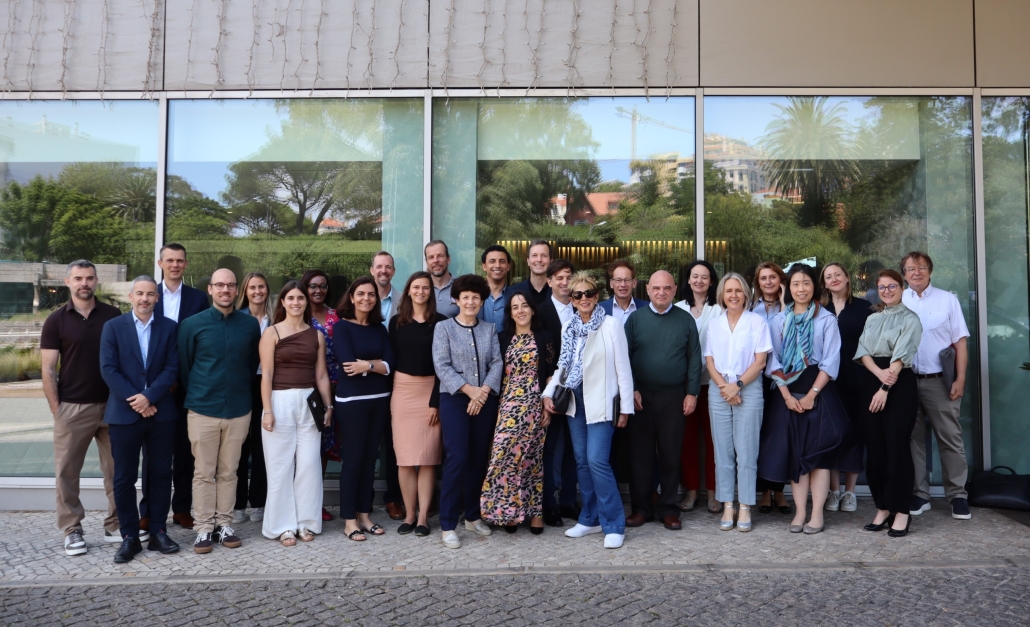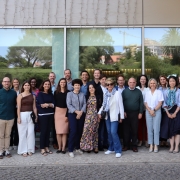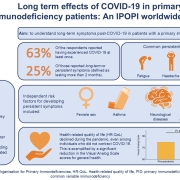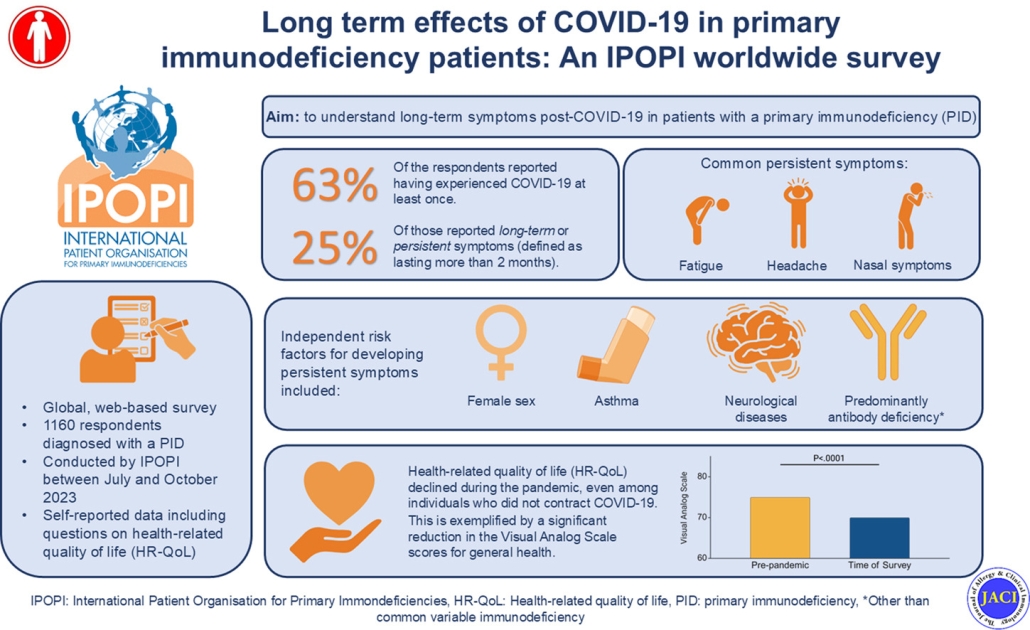Proceedings from IPOPI’s 2024 Global Stakeholders Summit Published in Frontiers in Immunology

The proceedings of the third Global Multi-Stakeholders Summit held by IPOPI on July 1-2, 2024, in Lisbon, Portugal, have been published in Frontiers in Immunology.
The paper entitled “Navigating disruption in the PID landscape: embracing opportunities and anticipating threats in the next ten years” reflects the high-level discussions held over the two-day summit between all participants.
Participants partnered to identify the outlooks, unmet needs, hurdles, and opportunities of primary immunodeficiencies (PIDs) in the next ten years. The proceedings paper provides a review of the current state of the field of immunodeficiency, including therapies and opportunities for gene therapies to offer safe and effective cures. It also examines the role of digital health and artificial intelligence in optimising diagnostics and PID management, as well as personalising treatments, and discusses equitable access to care worldwide. Additionally, it outlines where the field should aim to be in the next 10-20 years in these areas and identifies the practical steps required to achieve these goals.
As a compilation of materials, perspectives, and summaries, this publication is a concise and impactful resource that will help shape the next steps for the PID community.
IPOPI’s Global Multi-Stakeholders Summit is an annual meeting designed to set the stage for a stimulating, forward-thinking discussion among stakeholders on the future priorities of the PID community. The uniqueness of this Summit lies in bringing together a broad range of PID stakeholders in a working format designed to provoke a prospective and multidimensional discussion: physicians (both paediatricians and adult physicians), scientists, clinician-scientists, ethicists, specialists in health economics, patients, and patient representatives from several continents.









